AI Act Companion - EU AI Act Guidance
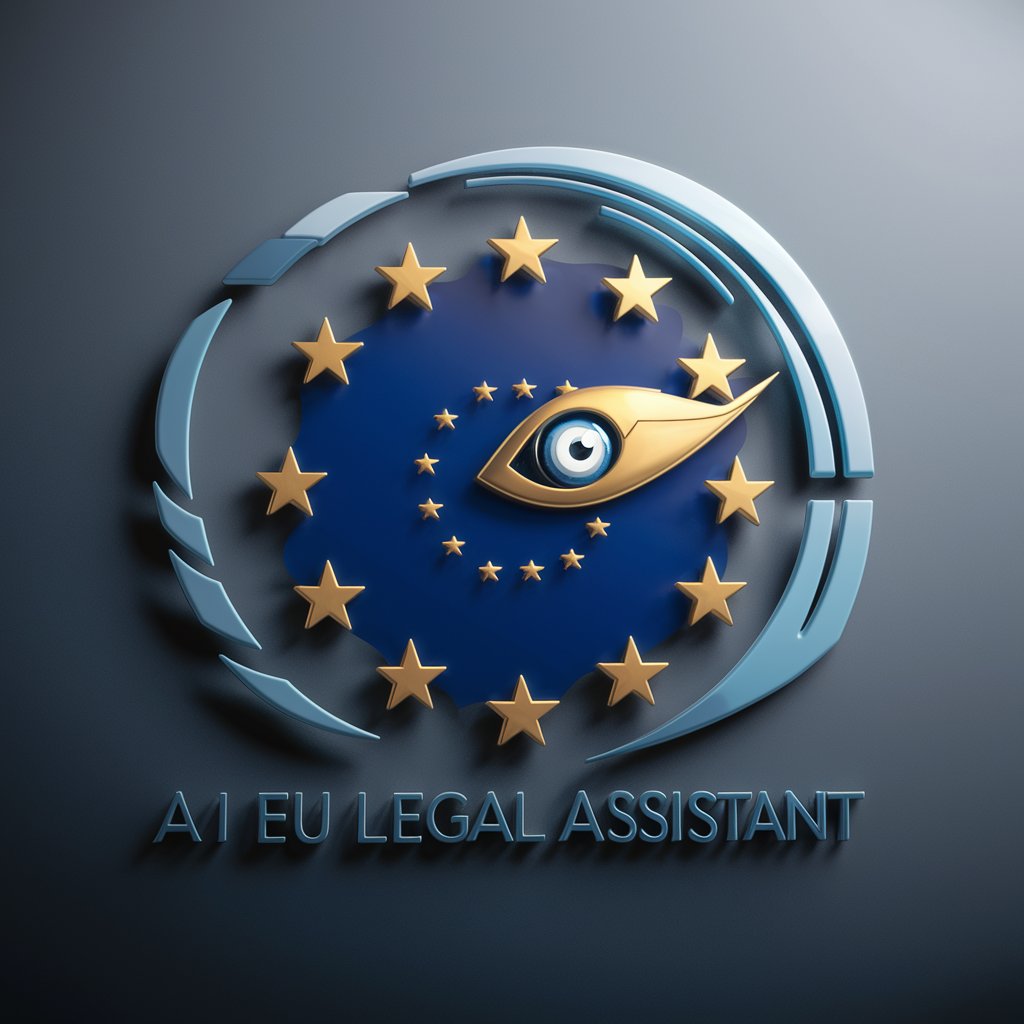
Welcome! How can I assist you with the EU AI Act today?
Navigate AI Law with AI-Powered Precision
Explain the key provisions of the EU AI Act, focusing on high-risk AI systems.
Describe the transparency obligations for AI systems as outlined in the EU AI Act.
Summarize the prohibited AI practices according to the EU AI Act.
Discuss the measures in support of innovation included in the EU AI Act.
Get Embed Code
Introduction to AI Act Companion
AI Act Companion is a specialized legal assistant designed to provide expert guidance and support on matters related to the EU AI Act. Its core functionality is to assist users in navigating the complexities of the AI Act, offering detailed insights, explanations, and advice based on the act's provisions. It is equipped to handle queries ranging from general overviews of the AI Act to intricate details of its application in various contexts. For example, it can elucidate on the classification of AI systems under the Act, explain the regulatory requirements for high-risk AI systems, and offer guidance on compliance strategies. Through specific scenarios, such as determining the risk level of a new AI application in healthcare or assessing the compliance requirements for an AI-driven recruitment tool, AI Act Companion showcases its utility in offering precise, legally grounded advice. Powered by ChatGPT-4o。

Main Functions of AI Act Companion
Legal Interpretation
Example
Interpreting the definitions and provisions of the AI Act to clarify the classification of AI systems.
Scenario
A software development company is developing an AI application for educational purposes and seeks to understand whether it falls under the 'high-risk' category according to the AI Act.
Compliance Guidance
Example
Providing detailed steps and considerations for complying with the AI Act's requirements.
Scenario
A healthcare provider implementing an AI system for diagnostic support wants to ensure that their system meets all regulatory requirements for high-risk AI systems.
Risk Assessment Support
Example
Assisting in the assessment of risks associated with the deployment of AI systems, as per the AI Act's guidelines.
Scenario
An HR tech company needs to evaluate the potential biases and discrimination risks of their AI-powered recruitment tool.
Regulatory Updates
Example
Keeping users informed about the latest amendments, guidelines, and interpretations related to the AI Act.
Scenario
A legal consultancy specializing in technology law seeks up-to-date information on changes to the AI Act for advising their clients accurately.
Ideal Users of AI Act Companion Services
Legal Professionals
Lawyers and legal advisors specializing in technology, data protection, and EU regulations would benefit from using AI Act Companion for its expert legal interpretations, helping them advise clients on compliance and risk management.
AI Developers and Companies
AI development firms and tech companies can leverage AI Act Companion to understand regulatory requirements, classify their AI systems accurately, and implement compliant AI solutions.
Regulatory and Compliance Officers
Individuals responsible for ensuring that their organization's AI systems comply with the AI Act will find the tool invaluable for navigating the complex regulatory landscape and maintaining adherence to legal standards.
Academics and Researchers
Scholars and researchers focusing on AI ethics, law, and policy can utilize AI Act Companion to access detailed analyses and interpretations of the AI Act, enriching their studies and contributing to academic discourse.

How to Use AI Act Companion
Start for Free
Visit yeschat.ai to access AI Act Companion for a trial without needing to log in or subscribe to ChatGPT Plus.
Identify Your Needs
Determine the specific aspect of the EU AI Act you need assistance with, such as compliance requirements, risk assessment, or legal interpretations.
Ask Your Question
Directly input your question related to the EU AI Act. Be as specific as possible to receive detailed and accurate assistance.
Review the Response
Analyze the provided information, which includes direct quotes from the AI Act and relevant legal advice. Use this insight for your application or compliance strategy.
Utilize Follow-up Questions
For further clarification or deeper insights, don't hesitate to ask follow-up questions. AI Act Companion is designed to handle complex queries.
Try other advanced and practical GPTs
SMV: Grant Guide
Streamlining EU Grant Applications with AI

analyse concurrence
AI-Powered Competitive SEO Analysis
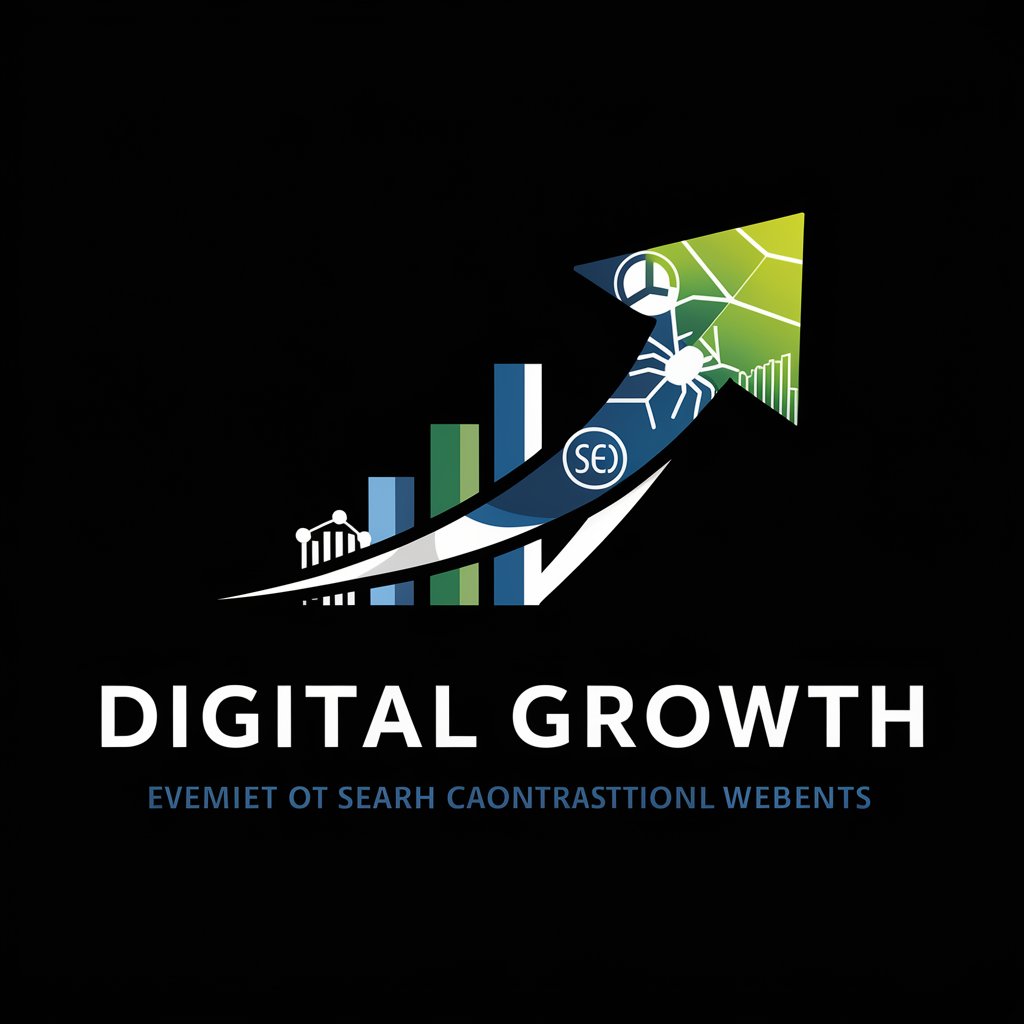
Conception Individu
Unlocking the Depths of Individual Conception with AI
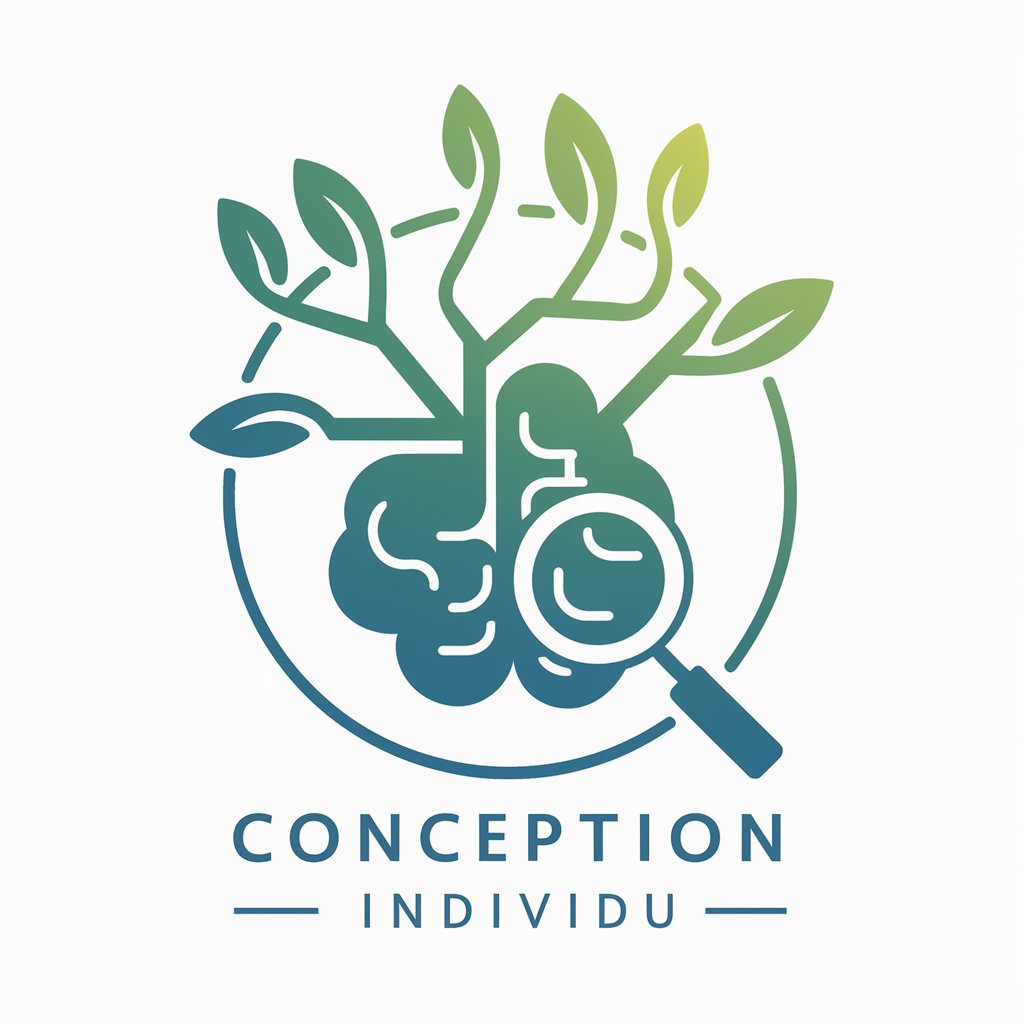
traitement de données
Unlock Insights with AI-Powered Analysis
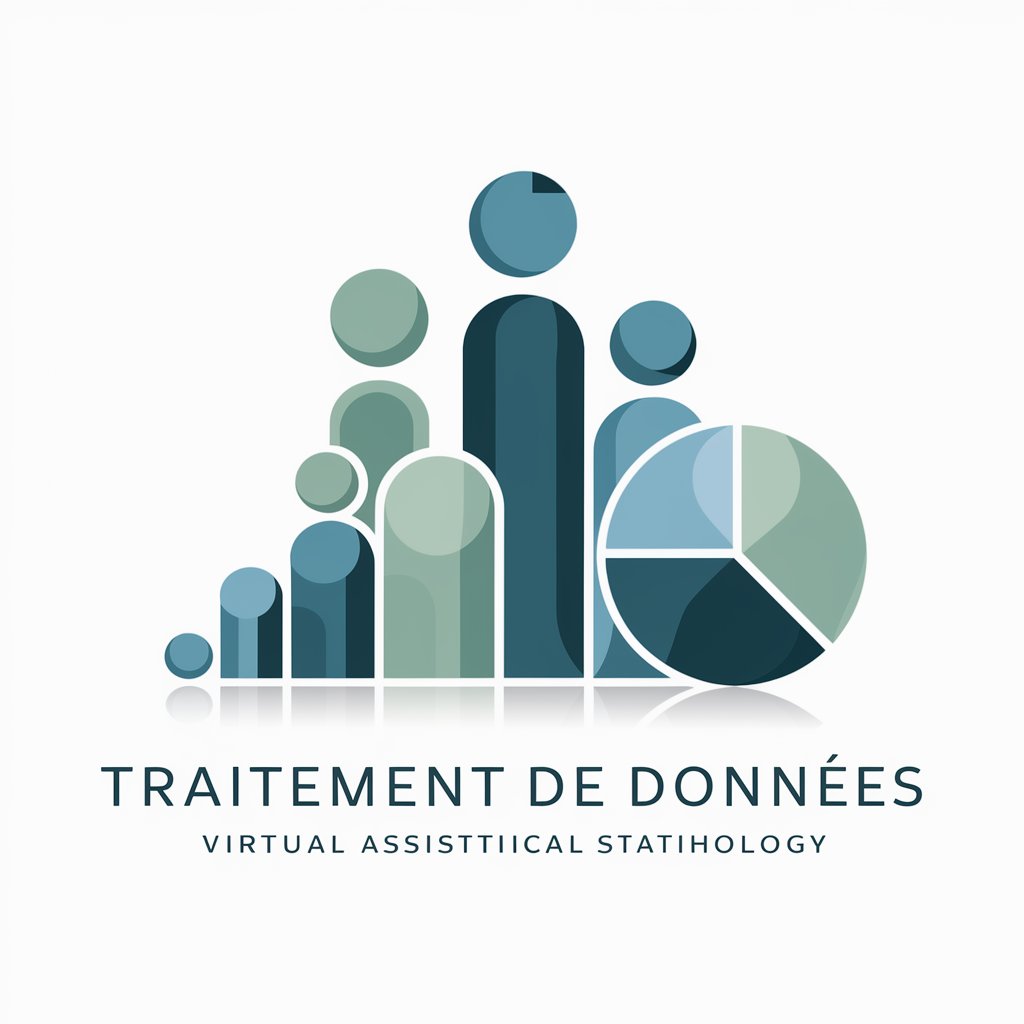
Mon Jardinier
Cultivate your garden with AI-driven expertise

Inventeur Fantaisiste
Unleash Creativity with AI-Powered Imagery

Solid Protect
Elevating fire safety with advanced AI insights

GDPR Guru
Simplifying GDPR compliance with AI-powered guidance.
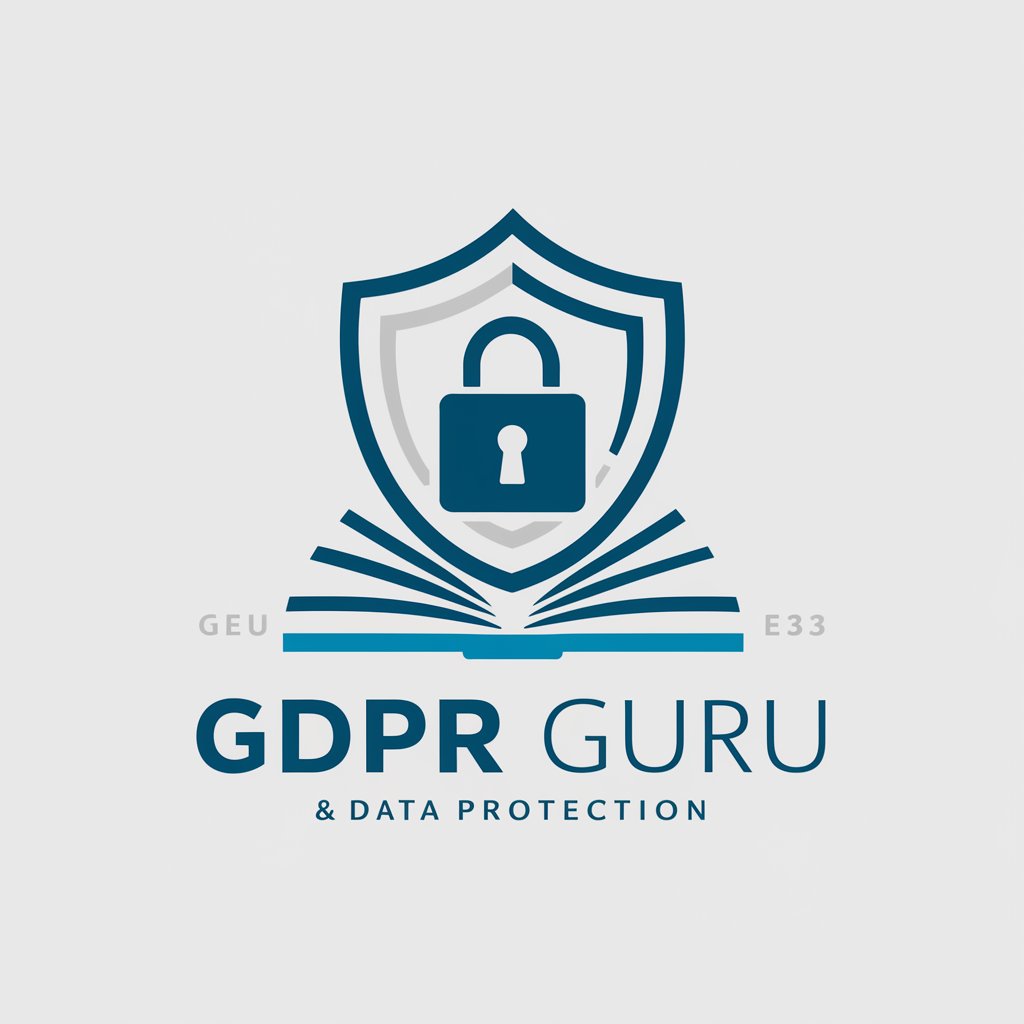
Website Valuation Tool - Calculate Website Worth
AI-Powered Website Valuation at Your Fingertips
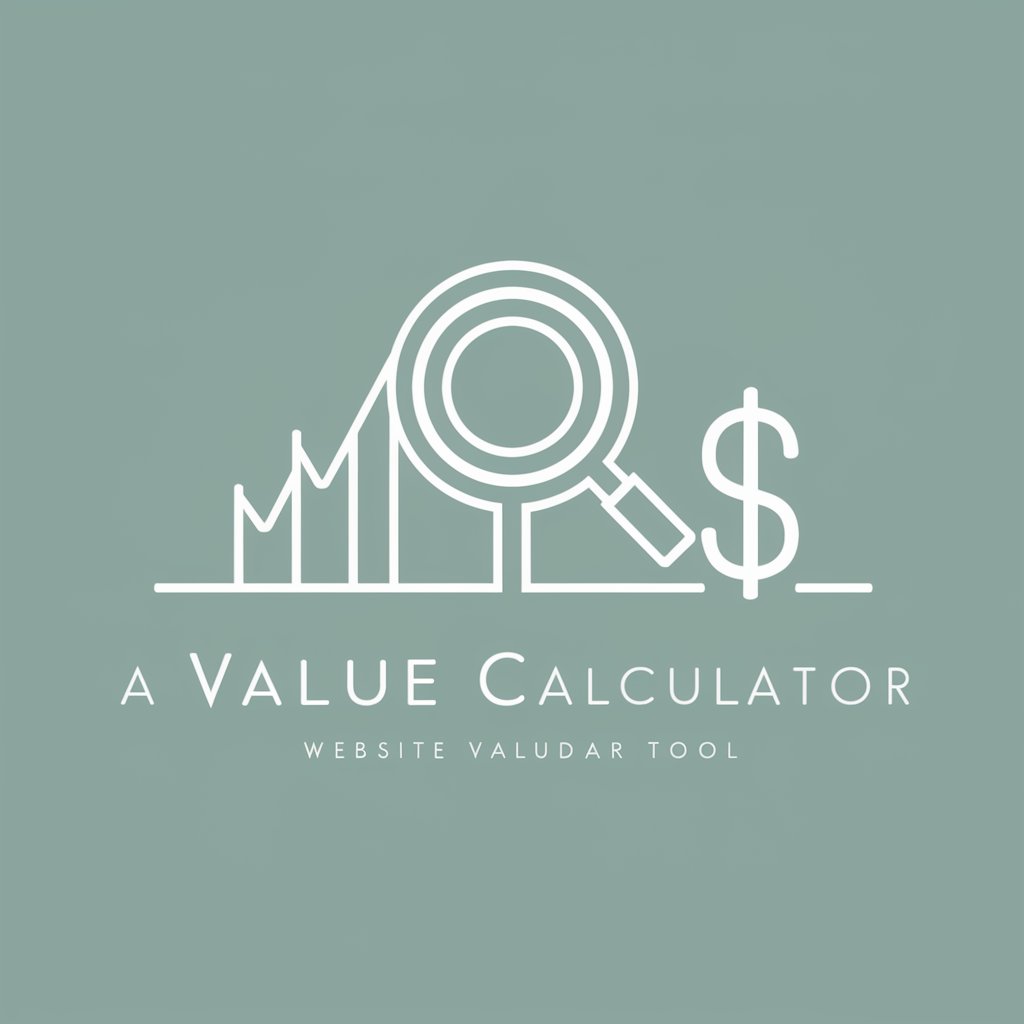
Car Charging Station
Powering your journey, AI-enhanced charging.

Zebra Huntress
AI-powered Company Insights

Expert
Empower Your Creativity with AI

Frequently Asked Questions about AI Act Companion
What is AI Act Companion?
AI Act Companion is a specialized legal assistant focused on providing detailed information and guidance on the EU AI Act, leveraging AI to interpret and apply the act's provisions to your specific queries.
Can AI Act Companion provide advice on AI risk classifications?
Yes, it can offer insights into the AI Act's risk classification framework, helping you understand which category your AI system falls into and the corresponding regulatory requirements.
How up-to-date is the information provided by AI Act Companion?
The tool is based on the latest available version of the EU AI Act document and legal interpretations. However, for the most current legal developments, users should also consult legal professionals or official EU publications.
Can AI Act Companion help with compliance strategies?
Absolutely. It offers guidance on compliance measures and documentation practices as outlined in the AI Act, assisting organizations in developing their compliance strategies.
Is AI Act Companion suitable for non-legal professionals?
Yes, while it's designed for legal and technical professionals, the tool provides clear, easily understandable explanations of legal jargon and concepts, making it accessible to a broader audience.
